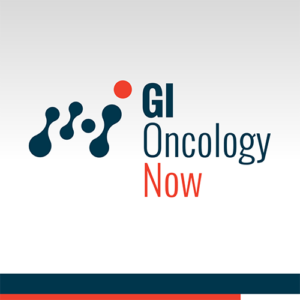
ASCO GI Symposium 2025
The 2025 ASCO GI Cancers Symposium offers the latest innovative science, solution-focused strategies, and multidisciplinary approaches in GI cancer treatment, research, and care.
Low-dose aspirin halved recurrence in resected PIK3CA-mutated colorectal cancer, per data from the ALASCCA trial.
Dr. Cytryn summarizes a trial in progress investigating a novel immunotherapy combination for gastroesophageal adenocarcinoma
Nivolumab plus ipilimumab provided a higher OS and ORR rate, supporting the combination as a potential standard of care.
The combination was shown to provide a 71% response rate, pointing to a new potential treatment for this patient population.
With an OS rate of about 80%, encorafenib and cetuximab with FOLFOX may serve as a new FDA-approved frontline regimen.
Encorafenib with cetuximab was approved by the FDA in 2024 for previously treated patients with BRAF V600E-mutant mCRC.
Dr. Kopetz elaborates on the key efficacy and safety findings, including how they compare to current standard treatments.
Dr. André elaborates on the efficacy and safety profiles of both treatments and their influence on current therapies.
Dr. Fakih elaborates on the combination's objective response rate, and how it can potentially redefine treatment paradigms.
Dr. Fakih elaborates on the Fc-enhanced design of botensilimab, and how the combination compares to prior therapies.
Dr. Peshin gives her thoughts on the future of GI oncology and the research that she found most interesting at ASCO GI 2025.
Dr. Strosberg focuses on how previous exposure to alkylating agents can influence tumor biology or immune response.
The study showed that favezelimab/pembrolizumab did not demonstrate a survival benefit over SOC.
Dr. Pasche discusses the trial that led to the TheraBionic P1 device's regulatory approval by the FDA.
Dr. Pant shared updates on a phase 1b dose escalation trial of gemcitabine, nab-paclitaxel, and lixumistat.
Dr. Pant offered insights on the key findings of zanidatamab's efficacy and safety in HER2-positive BTC.
Dr. Weinberg provided his perspective on the CheckMate 9DW expanded analyses, as well as multiple studies in CRC.
Dr. Shirakawa highlighted the results of the NAPOLEON-2 trial, including how RWD compare to clinical trial findings.
Dr. Dotan shared the effects of baseline geriatric and QOL assessments on outcomes for older patients with pancreatic cancer.
Dr. Abdelrahim details the impact of UGT1A1*28 polymorphism on tolerability in patients with mPDAC in the NAPOLI 3 study.
Previous data pointed to the benefit of adjuvant immunotherapy for patients with HCC through the use of CIK cells.
Previously presented results of the trial showed favorable PFS rates in the m-FOLFOXIRI and cetuximab arm.
Dr. Lieu details practice-changing studies from ASCO GI 2025, including CheckMate-9DW, CheckMate 8HW, and BREAKWATER.
The combination of EVE/LAN can significantly prolong PFS in patients with well-differentiated grade 1/2 GEP-NETs.
ASPEN-06 analyzed the CD47 myeloid checkpoint inhibitor ALX148 in patients with HER2-overexpressing gastric cancer.
In EMERALD-1, investigators analyzed the combination of durvalumab plus bevacizumab and TACE versus placebo with TACE.
Additional analyses from the CheckMate 9DW study shed further light on the clinical efficacy and safety of ipi/nivo for uHCC.
Results of NIR-B trial sheds light on the clinical utility of niraparib in patients with BRCA-mutated GI cancers.
A novel auto-segmentation model and radiomics signature may help with preoperative clinical decision-making for GEP-NETs.
The study reinforces the potential of triplet blockade with casdozo, atezo, and bev as a viable approach for managing uHCC.
The study shows the prognostic value of ctDNA in detecting MRD in patients with stage II/III CRC.
Dr. Finn previews key abstracts in liver cancer and other hepatobiliary malignancies from ASCO GI 2025.
Trial results show no significant benefit of adding chemoradiation to adjuvant chemotherapy in resected gallbladder cancer.
SBRT shows promise for liver tumor control, but hepatobiliary toxicity remains a concern.
Atezolizumab plus bevacizumab shows promising efficacy and tolerability for advanced HCC with Child-Pugh B cirrhosis.
Advertisement
Advertisement

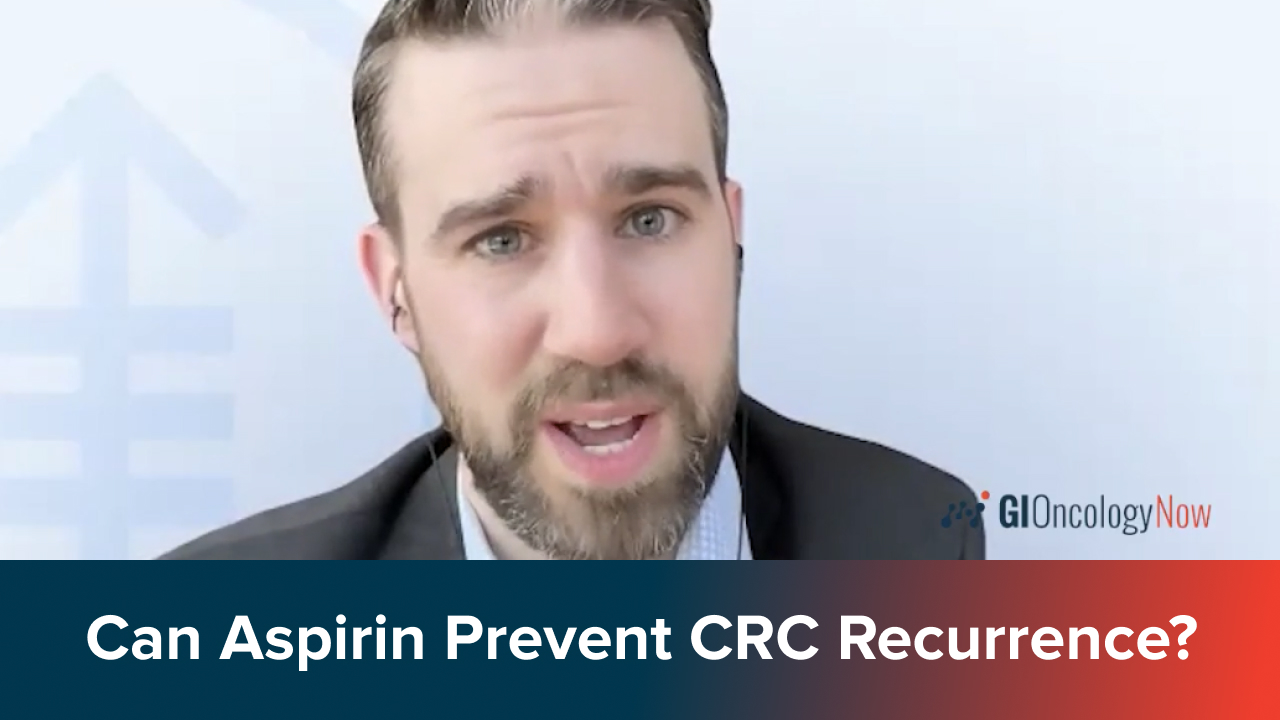
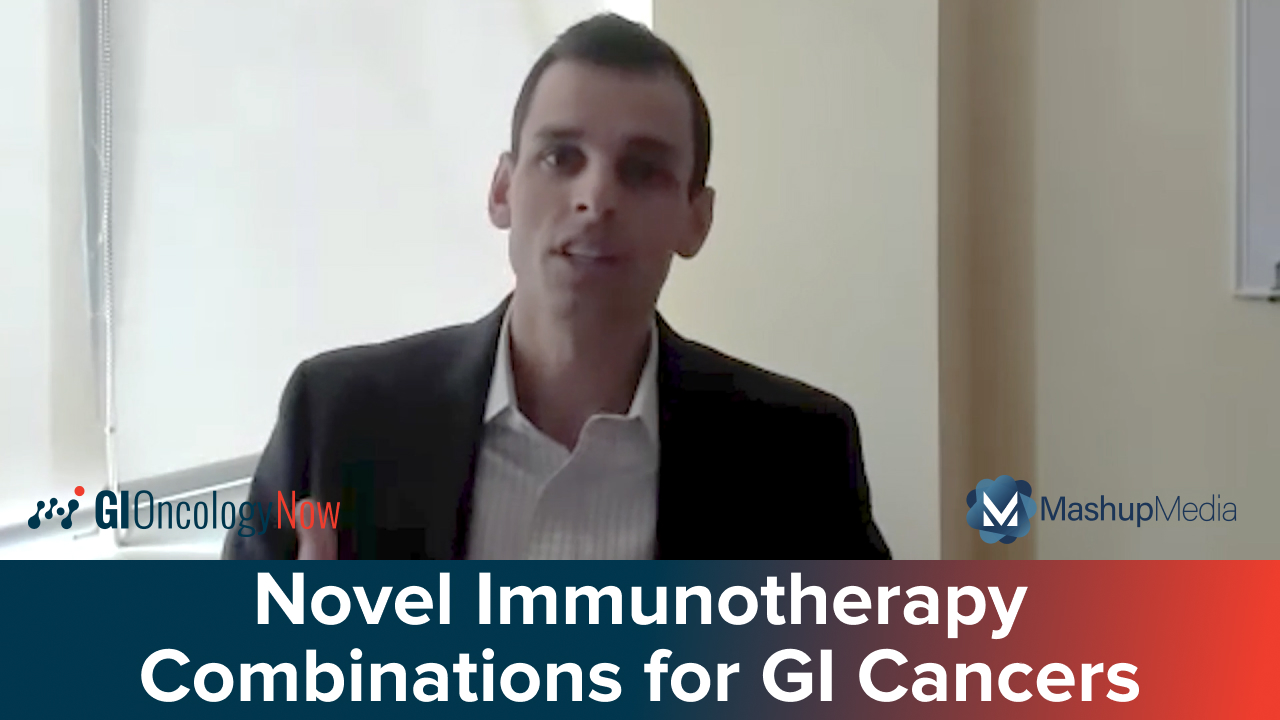
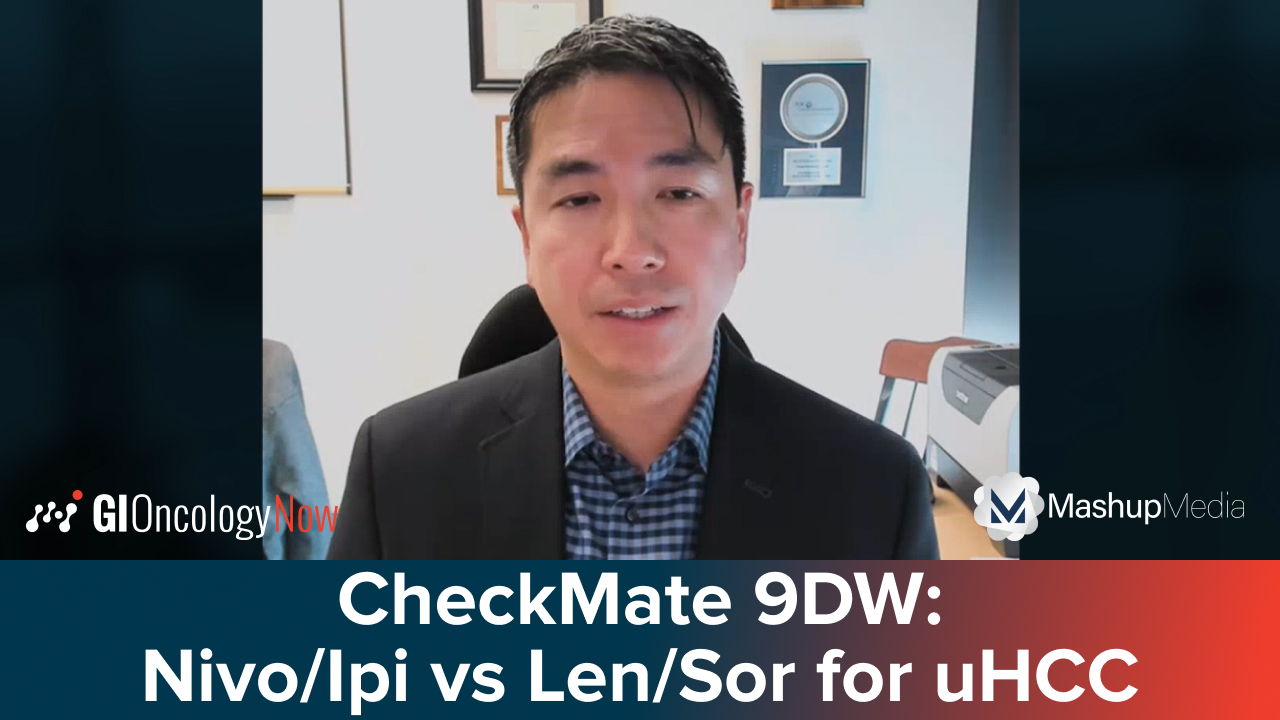
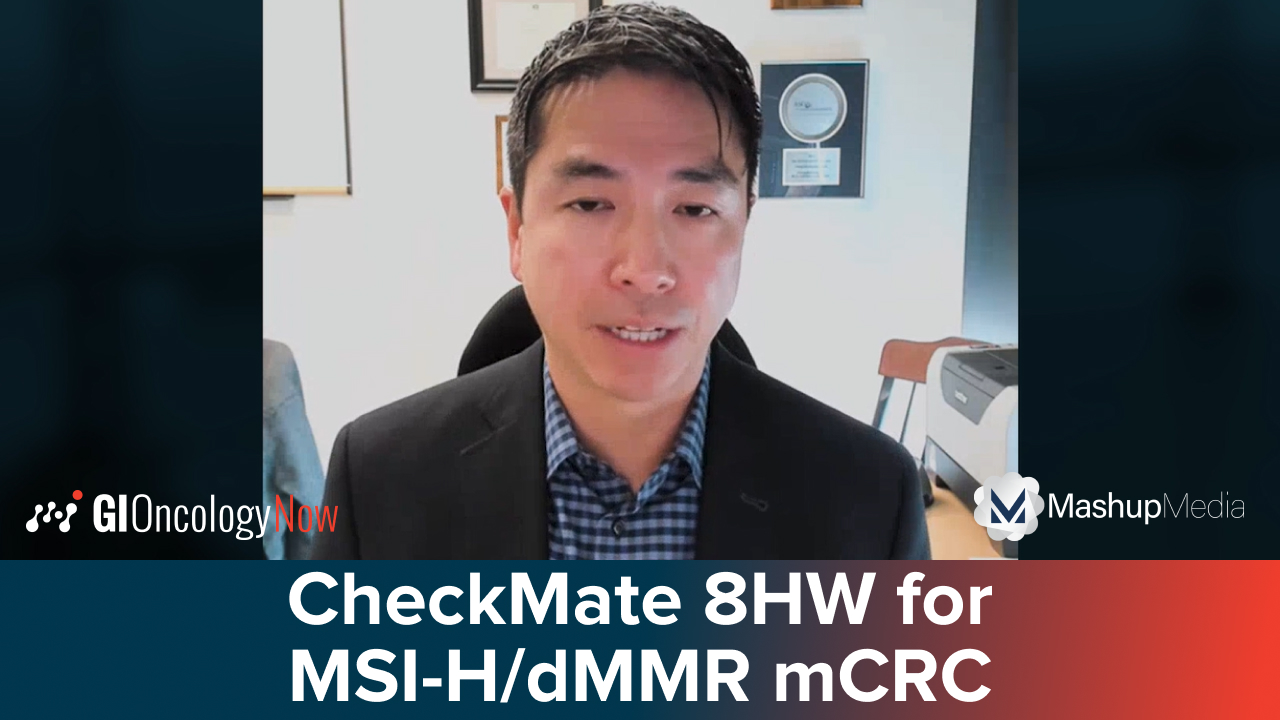
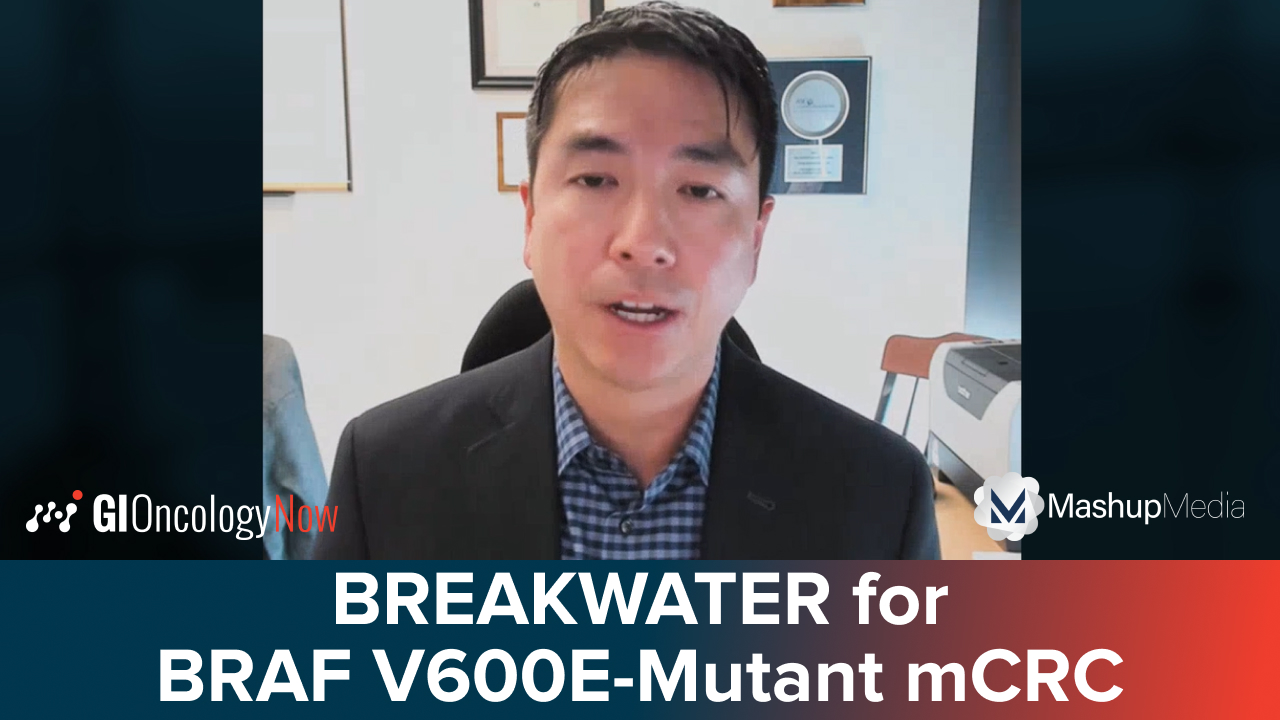

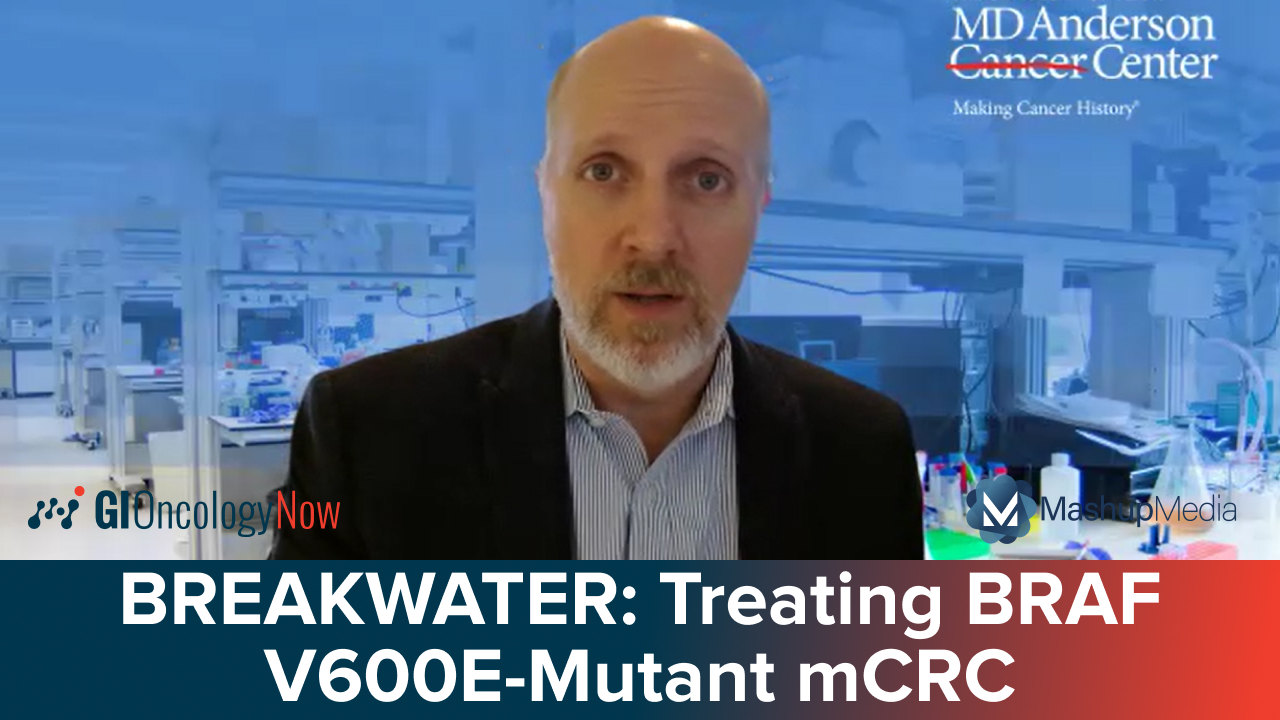
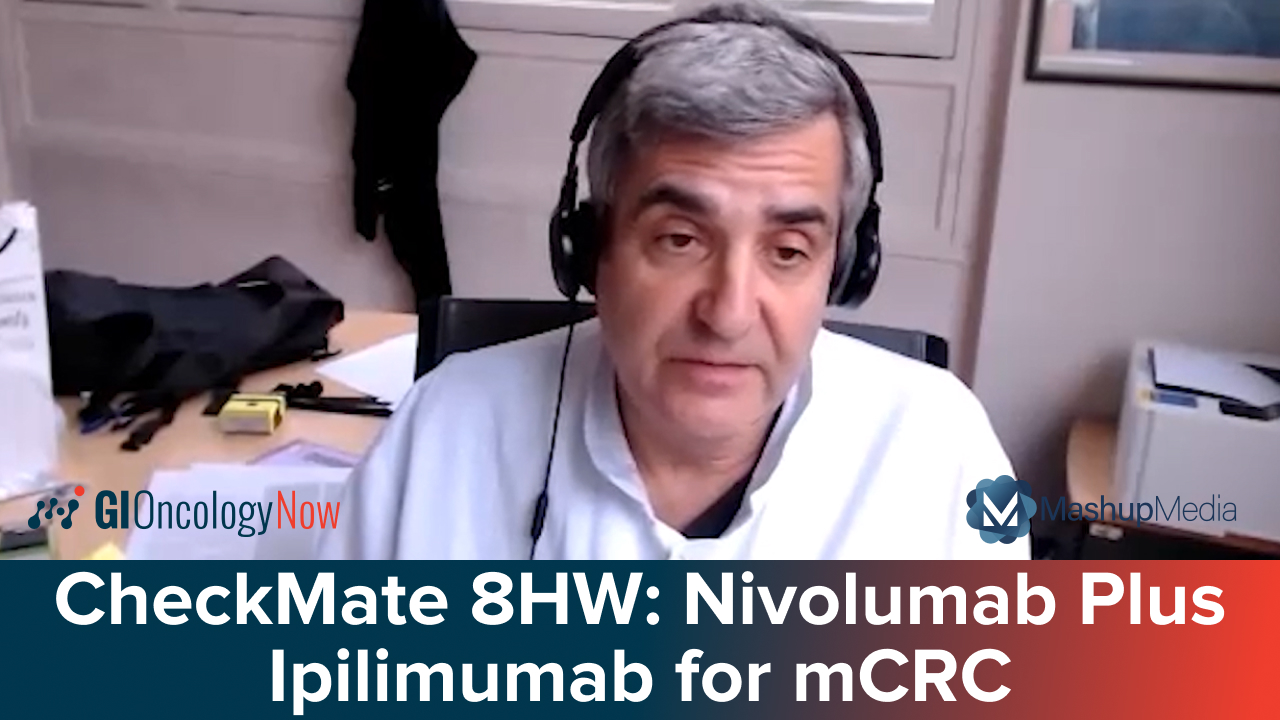
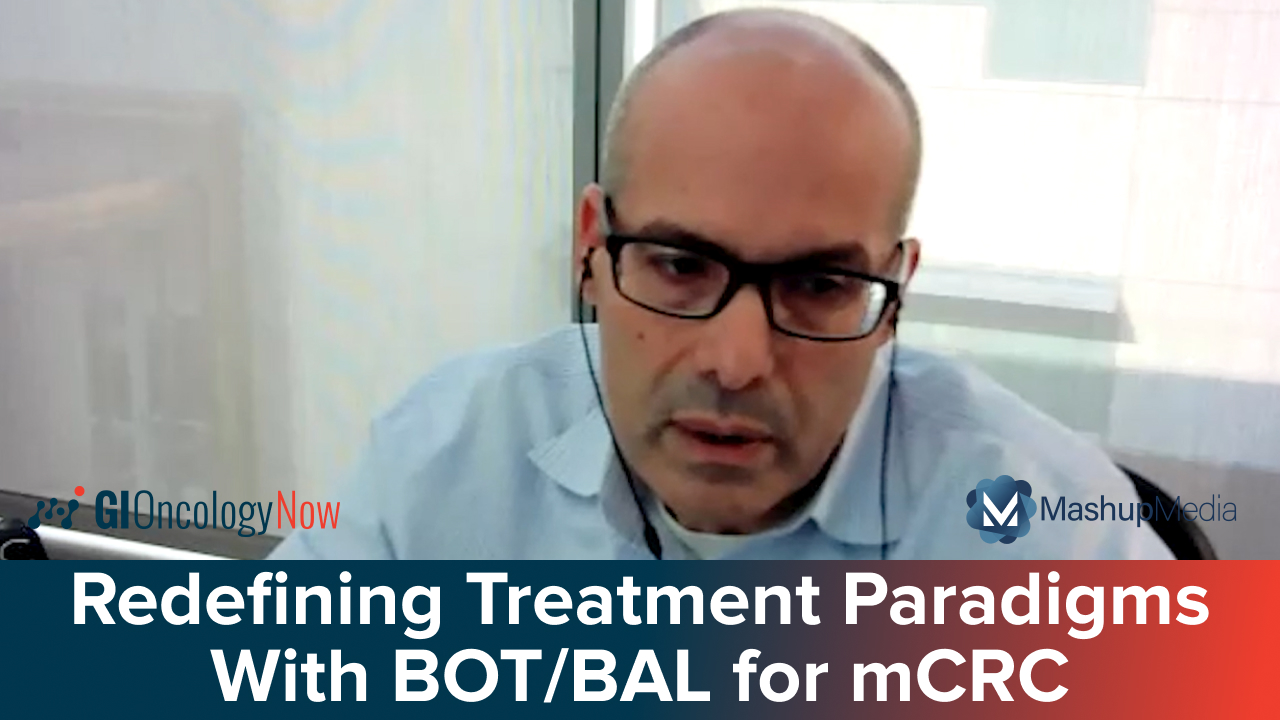
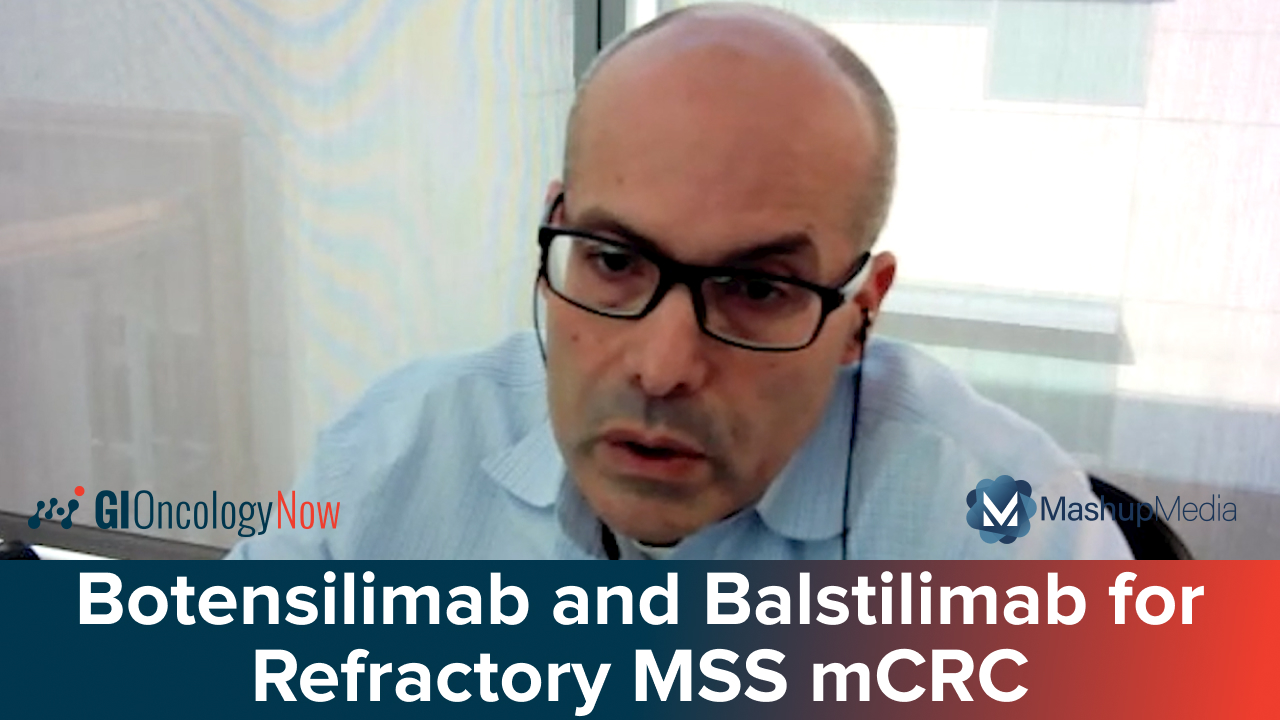
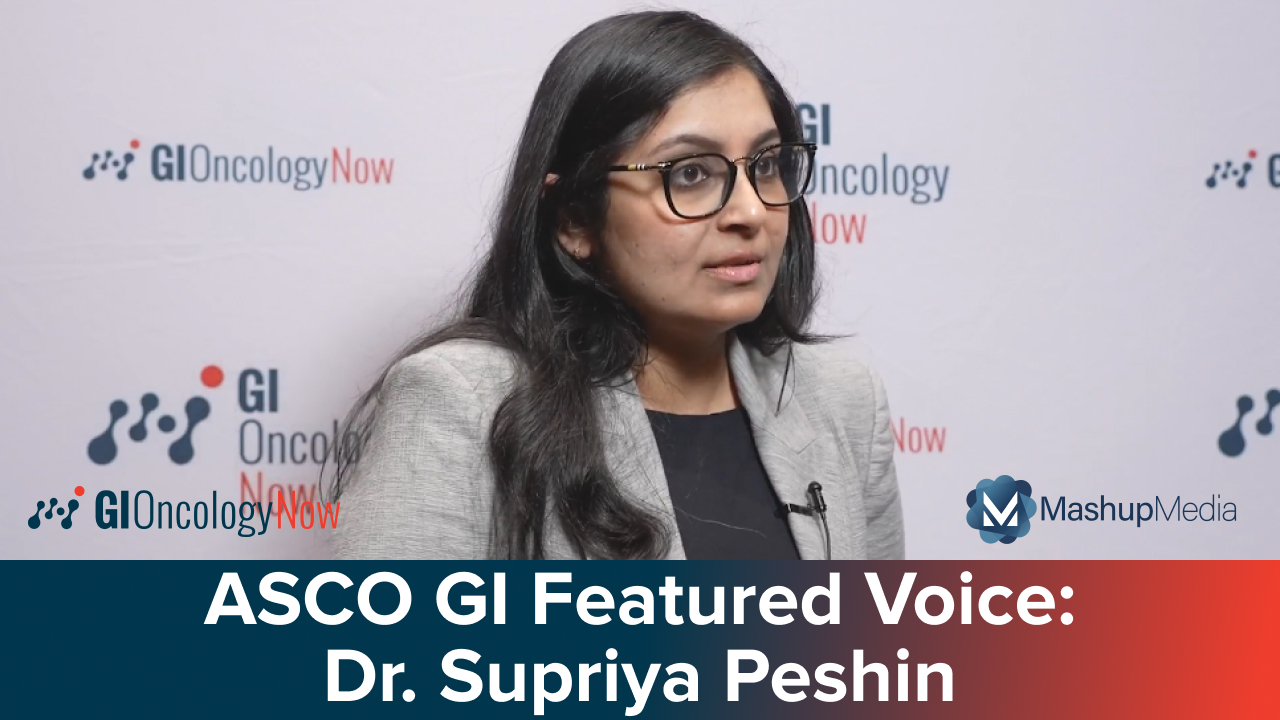
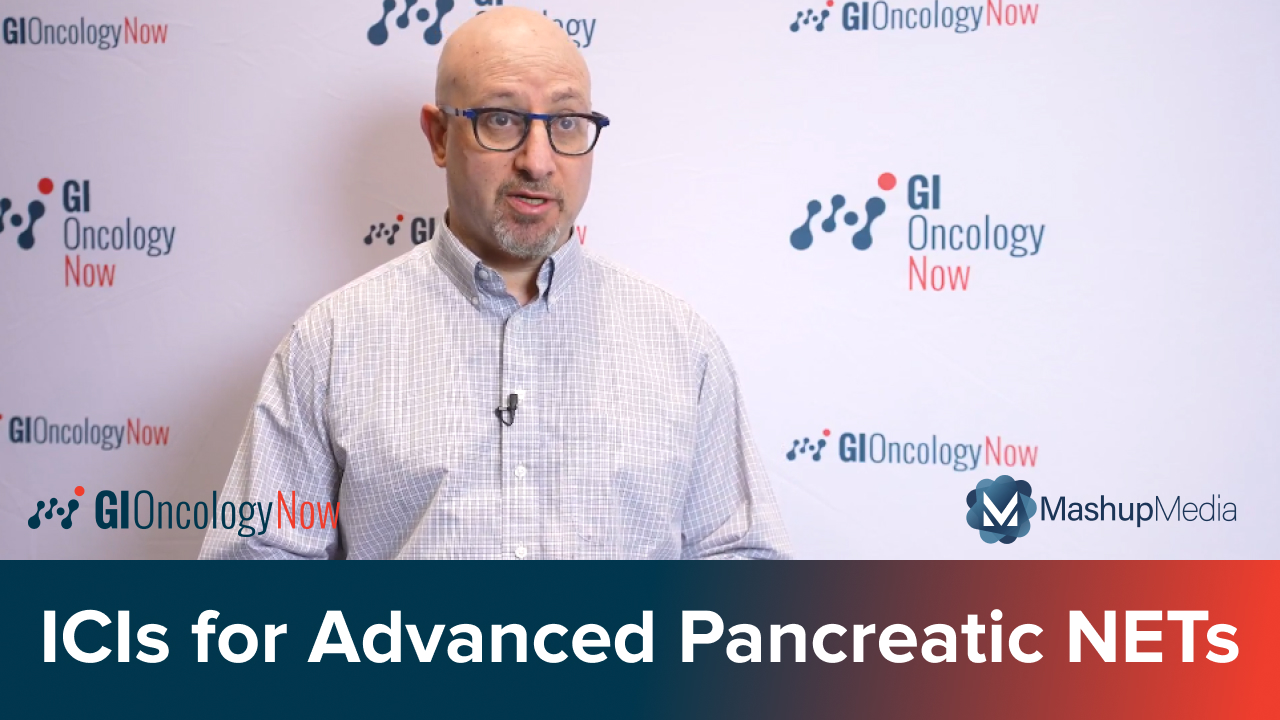

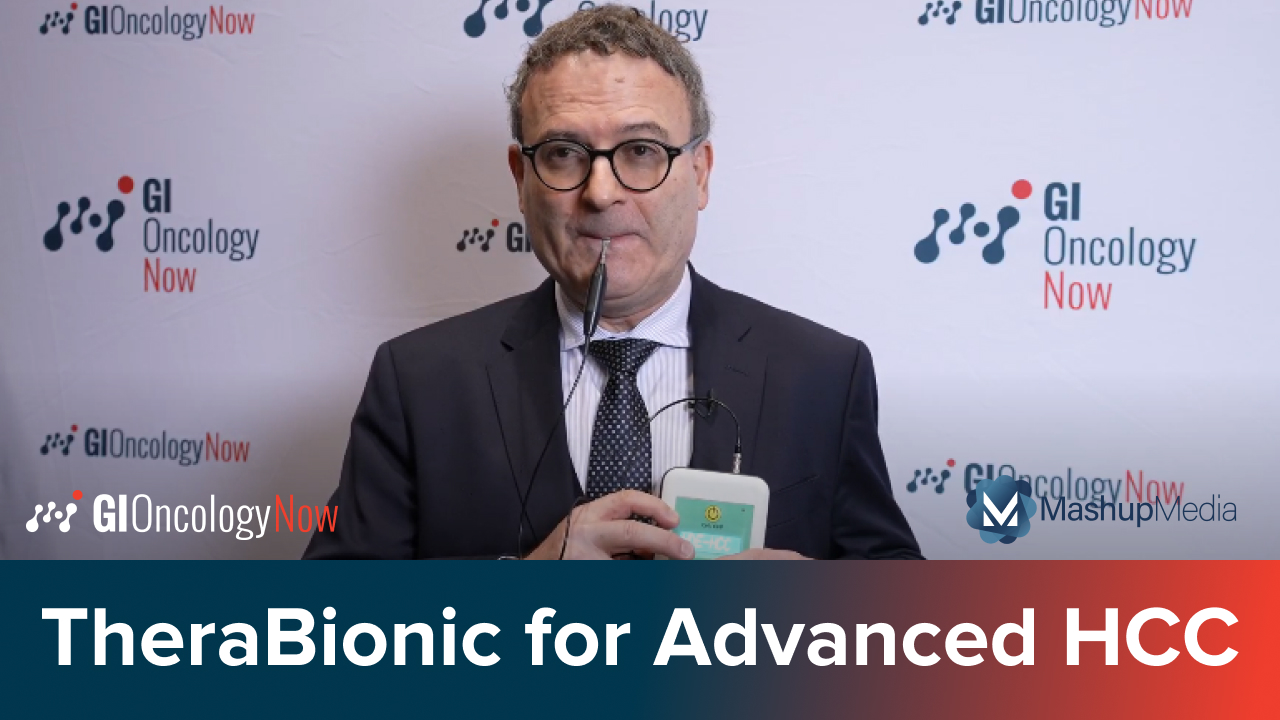
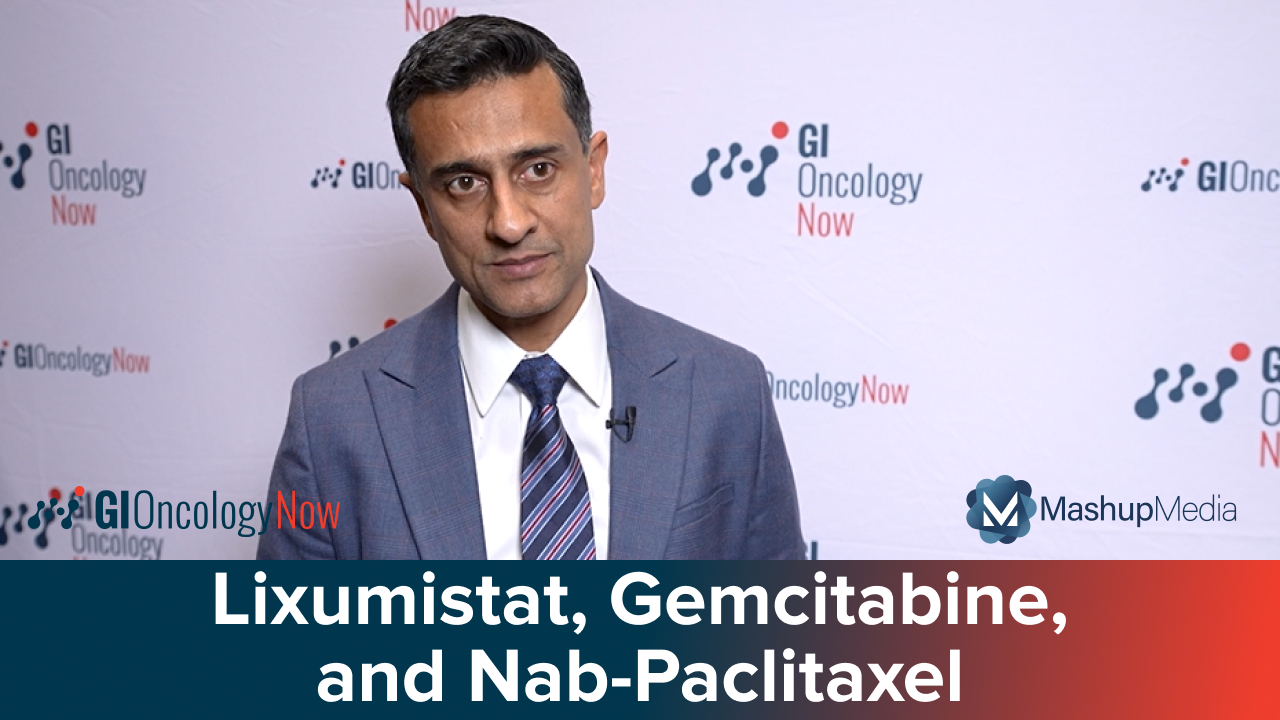
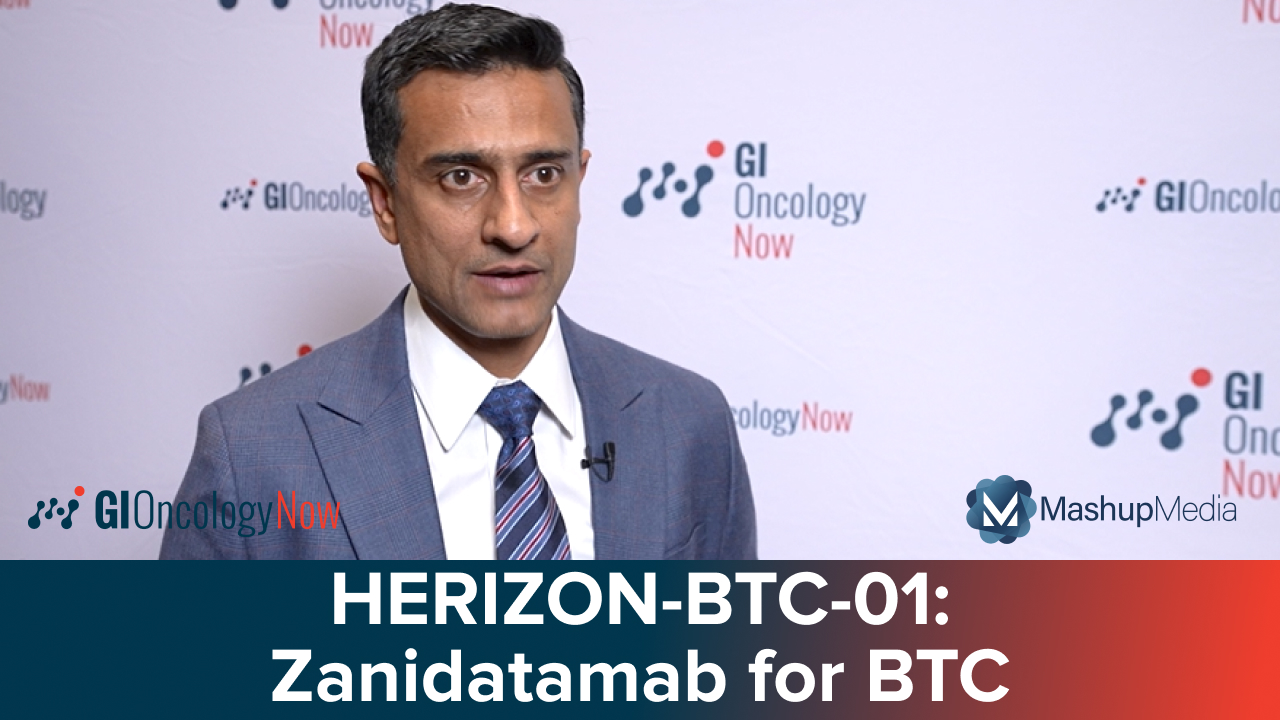
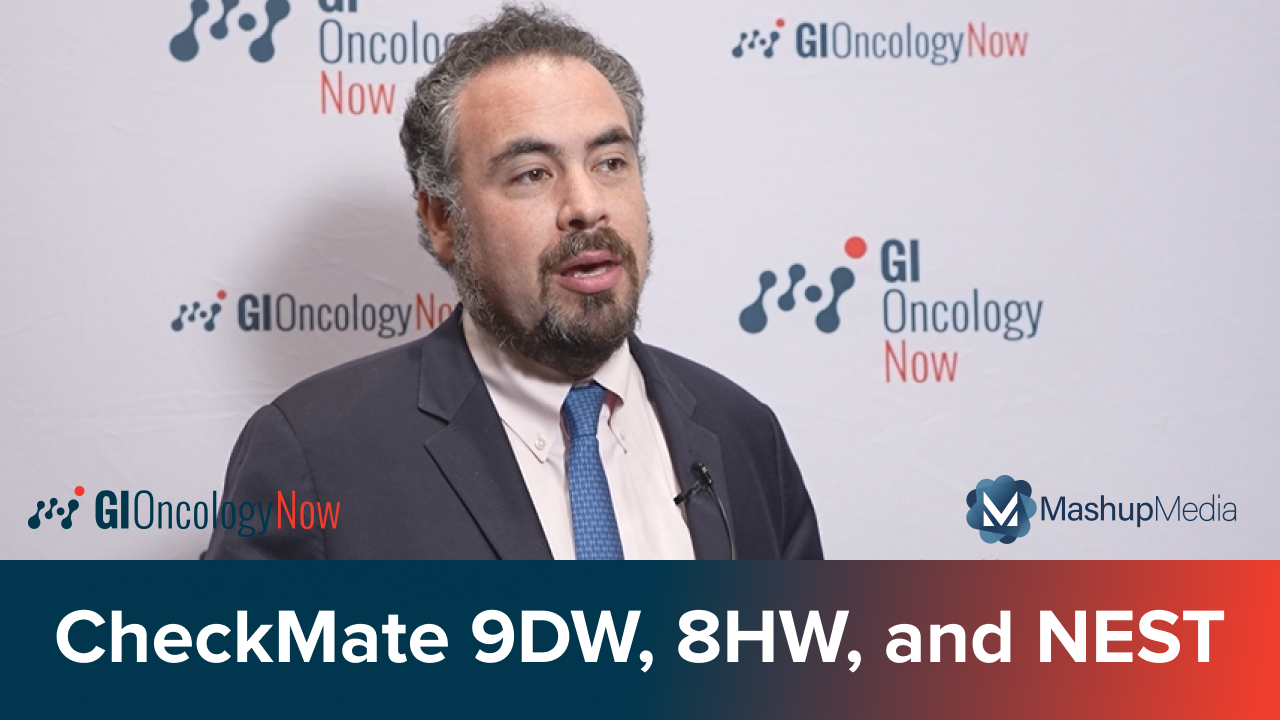
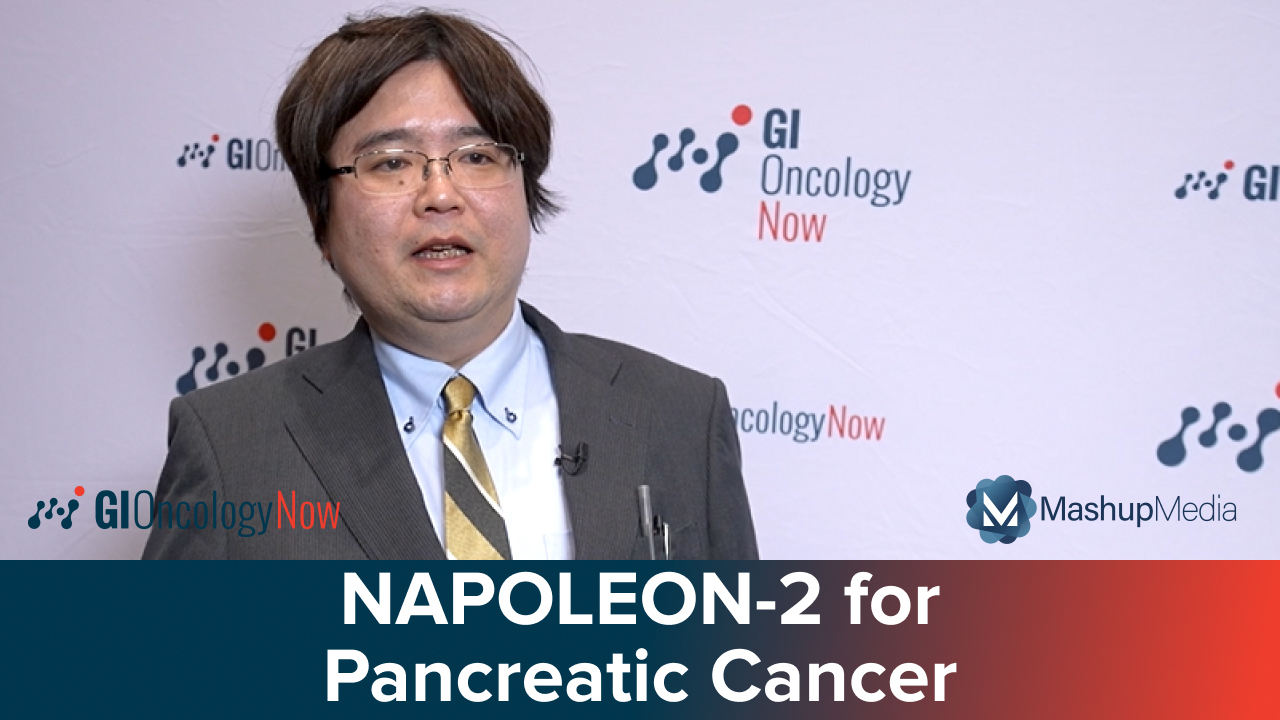
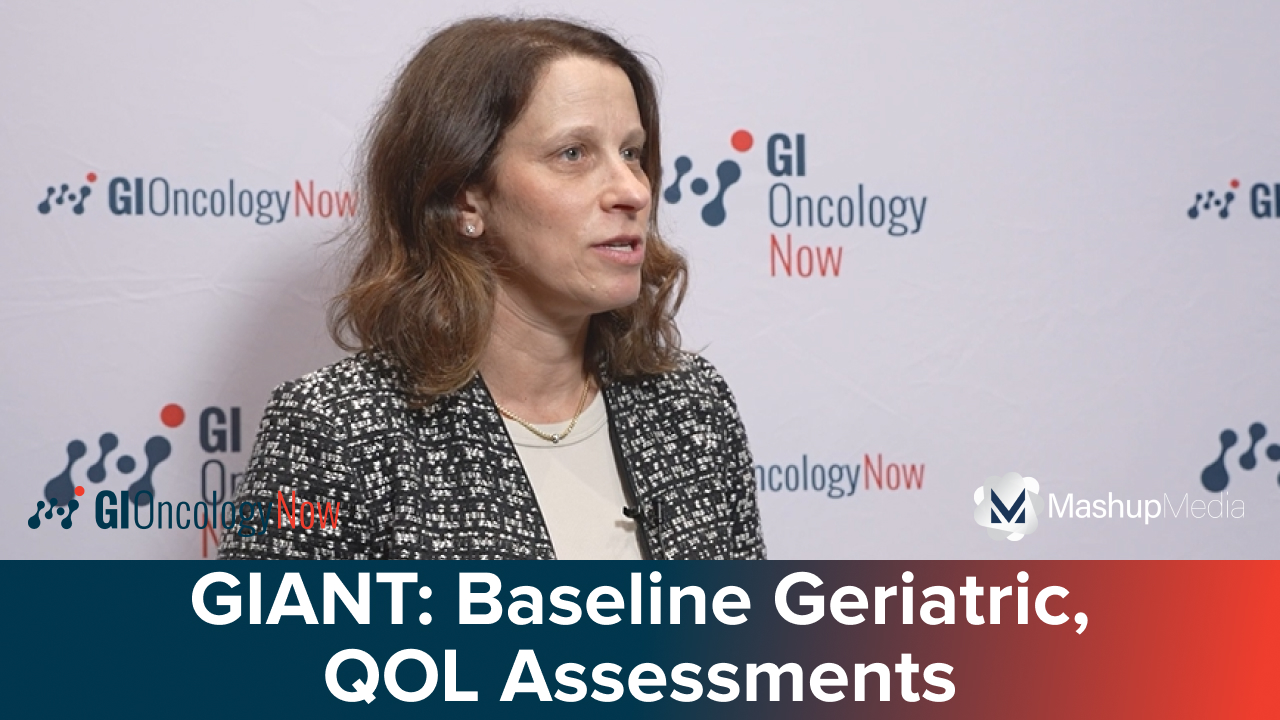
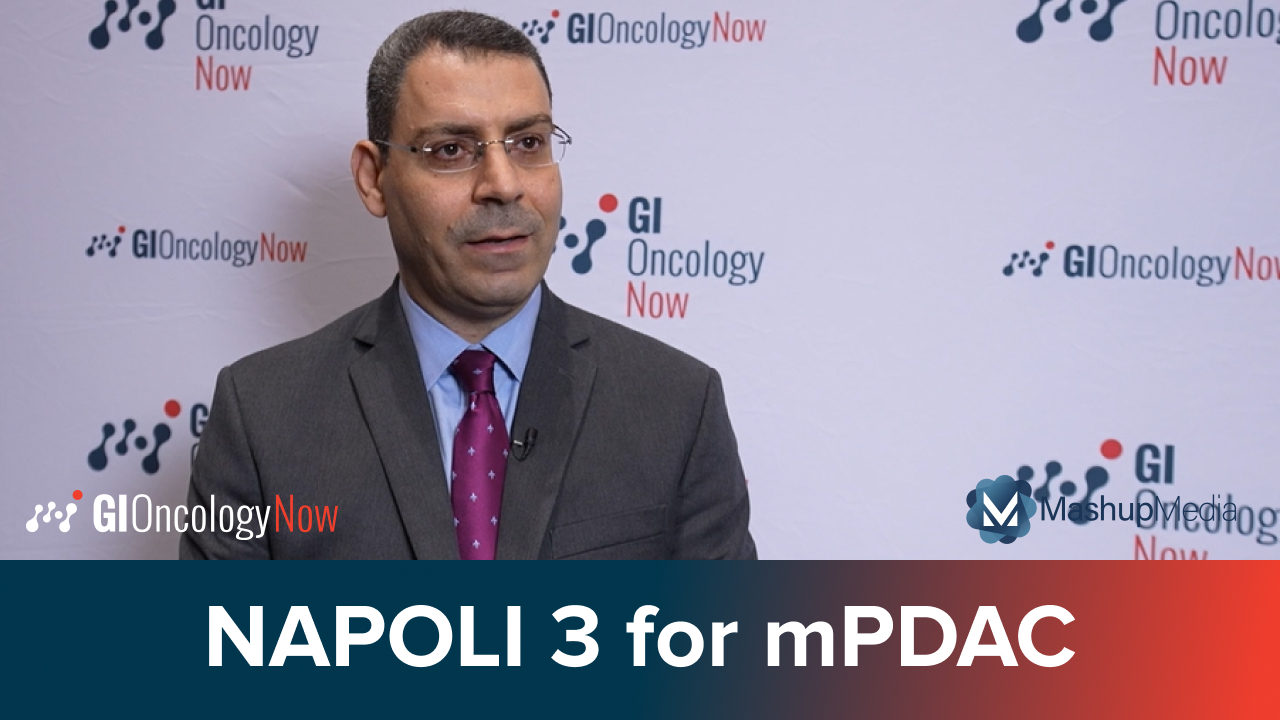
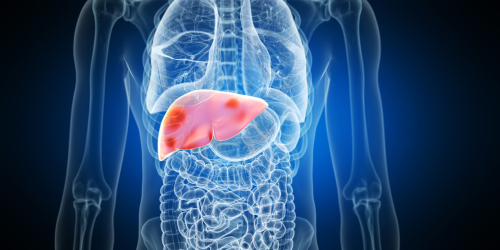
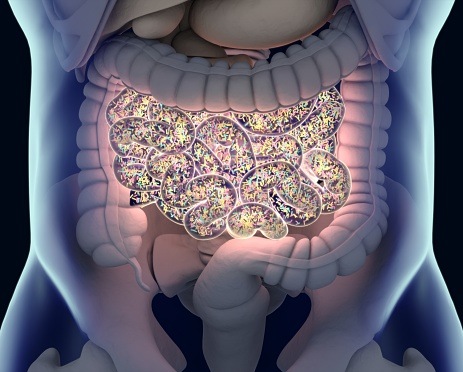
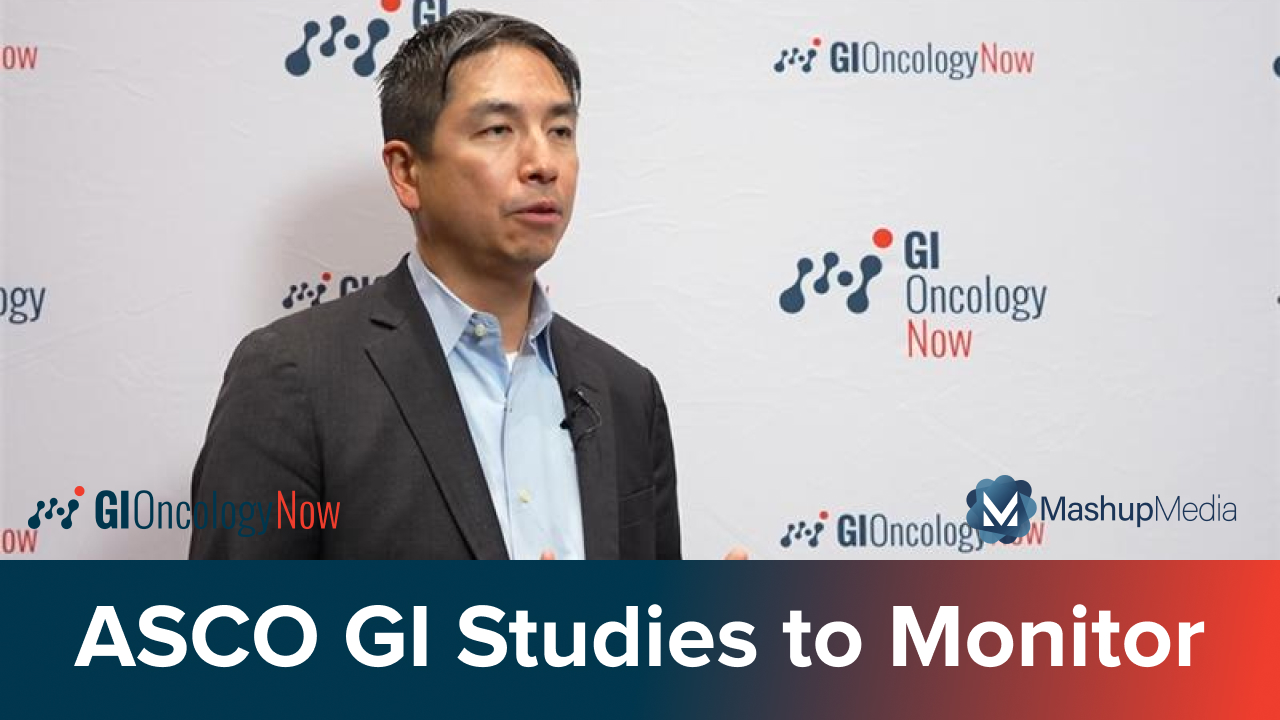

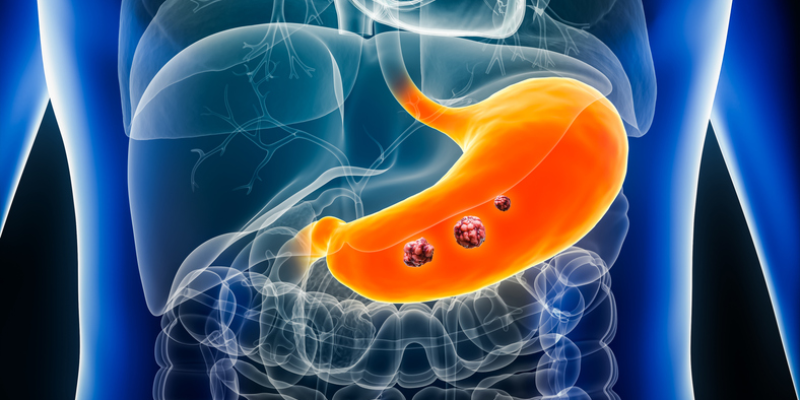



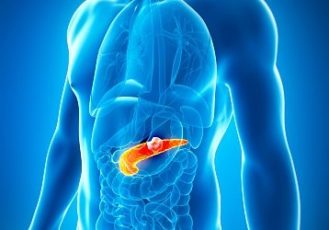

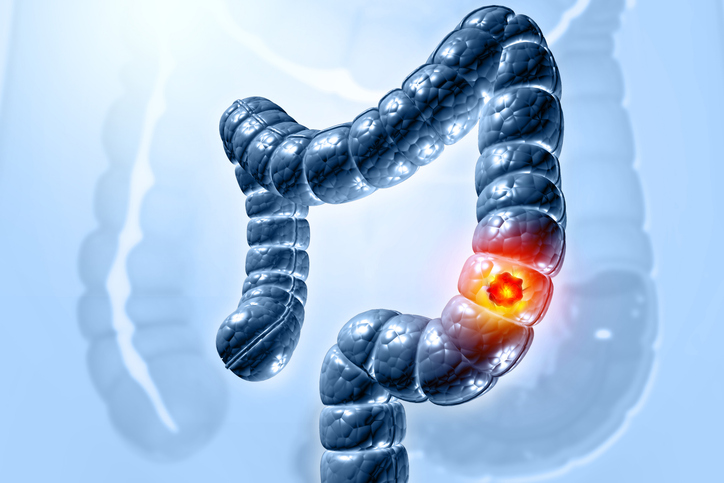
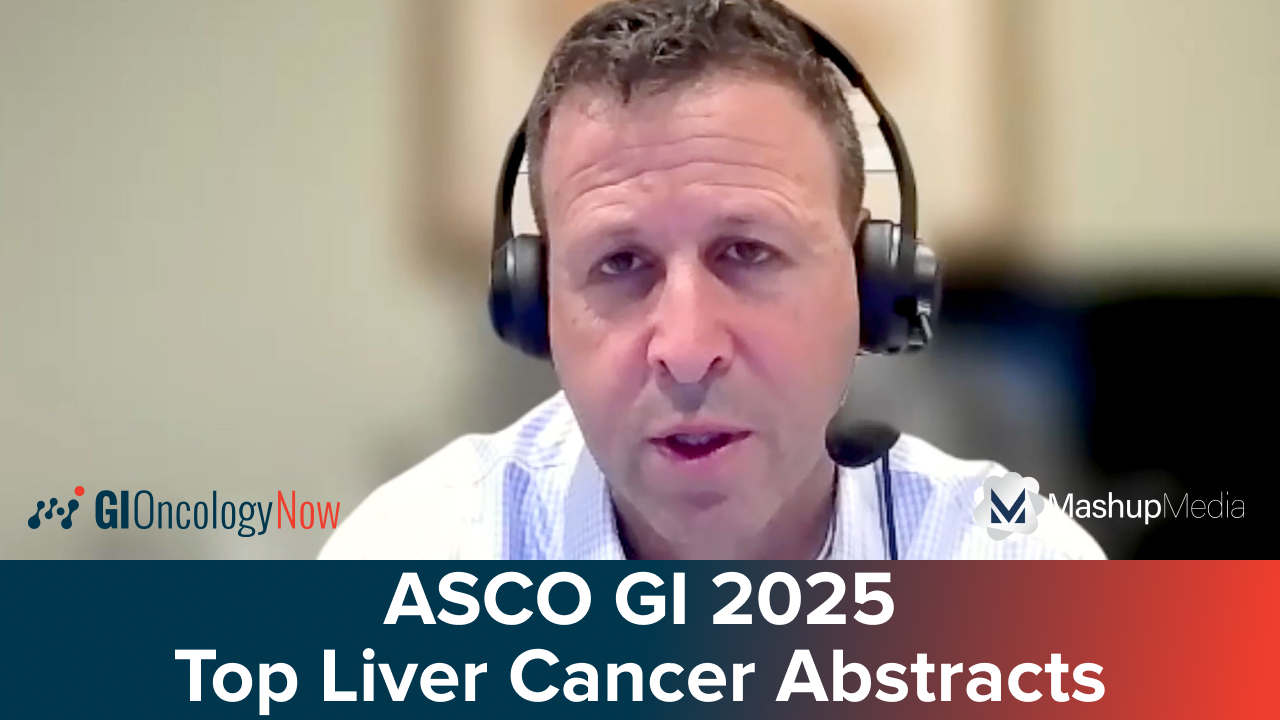


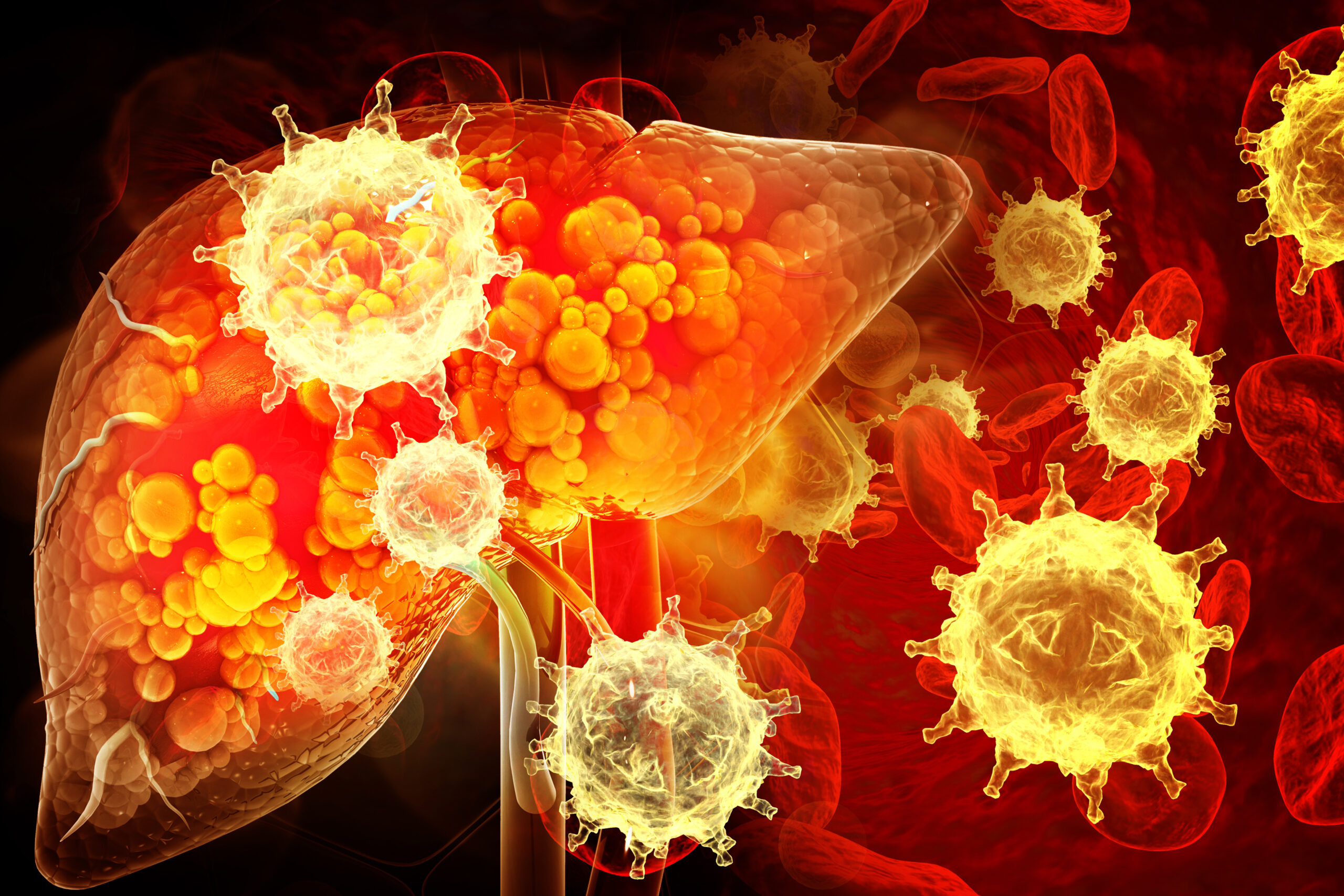

 © 2025 Mashup Media, LLC, a Formedics Property. All Rights Reserved.
© 2025 Mashup Media, LLC, a Formedics Property. All Rights Reserved.